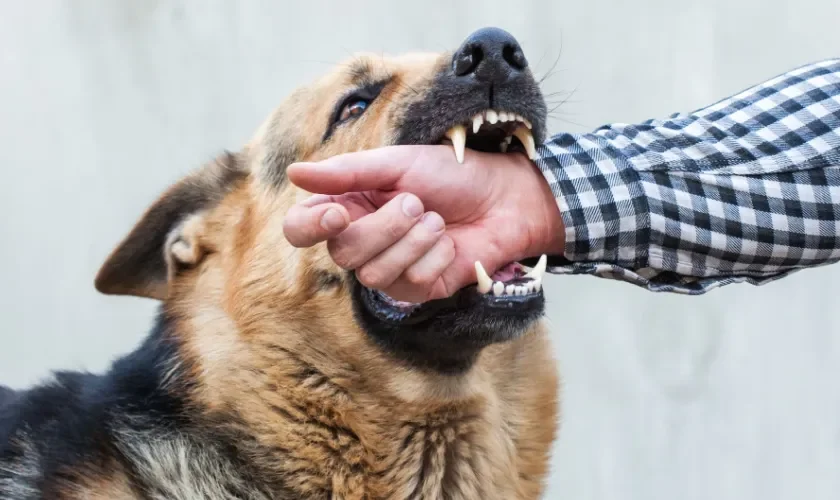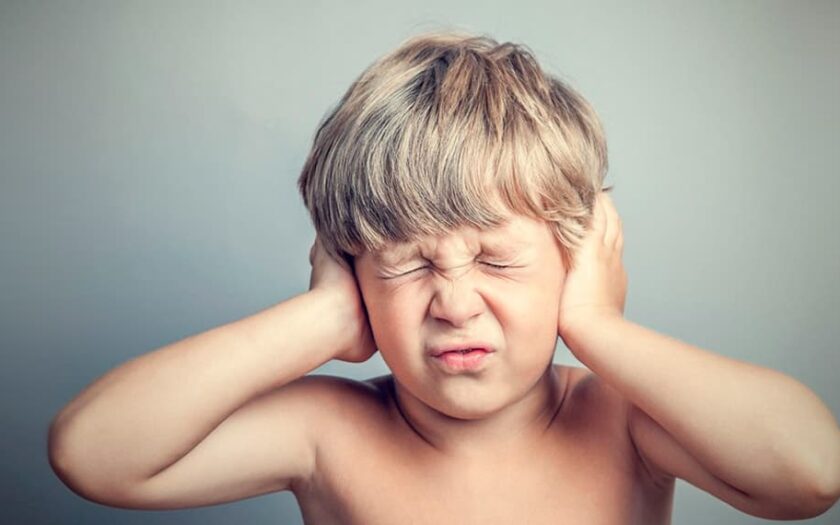Animal bites and scratches can range from minor to serious injuries, and it’s important to take prompt action to prevent infection. For minor bites or scratches, start by cleaning the wound with soap and water. Apply an antiseptic and cover it with a clean bandage. Keep an eye on the injury for signs of infection, such as redness, swelling, or pus. For more serious bites, such as those from dogs or wild animals, seek medical attention immediately.
Animal bites can introduce bacteria into the skin, and in some cases, may require stitches, a tetanus shot, or antibiotics. Additionally, if the animal is unknown or appears sick, it’s essential to check for the risk of rabies and contact a healthcare professional. For deep or severe bites, or if the injury affects the face or joints, professional medical treatment should be sought without delay.
What Can I Do About Animal Bites and Scratches?
Animal bites and scratches, even minor ones, can lead to health issues. Whether from a family pet (most reported animal bites in kids come from dogs) or a wild animal, these wounds can carry diseases.
Cats, in particular, can transmit bacteria from their mouths through bites, leading to infections. Additionally, cat scratch disease, a bacterial infection, can occur from a cat scratch, even if the wound doesn’t look infected. Some wild animals, like bats, raccoons, and foxes, can transmit rabies.
Children who are not up to date on their tetanus vaccinations may need a shot (post-exposure tetanus prophylaxis) after an animal bite. If rabies is a concern, a series of rabies shots will be necessary.
How to Treat Animal Bites and Scratches
- For bleeding wounds:
- Apply pressure to the wound with a clean bandage or towel until the bleeding stops.
- Use clean latex or rubber gloves if available to avoid infecting the wound.
- For non-bleeding wounds:
- Clean the wound with soap and water.
- Rinse the wound under running water for several minutes.
- Dry the wound, apply an antibiotic ointment, and cover it with sterile gauze or a clean cloth.
- When to call the doctor:
- If the bite or scratch broke or punctured the skin, even if it’s a small wound. Your child might need antibiotics, a tetanus booster, or possibly rabies shots.
- Bites or scratches on the face, hands, feet, or near joints are more prone to infection and should be checked by a doctor promptly.
- If the wound is caused by a wild or unfamiliar animal:
- Try to note the animal’s location. Some animals may need to be captured and observed for rabies, but do not try to capture the animal yourself. Instead, contact animal control or the local animal warden.
When to Seek Immediate Medical Care
Seek medical attention right away if:
- The wound is on the face, neck, hands, feet, or near a joint.
- The bleeding doesn’t stop after 10 minutes of direct pressure.
- The wound is deep, large, or severe.
- The animal was stray, wild, or acting abnormally.
- The wound shows signs of infection: pus, increasing redness, warmth, swelling, or pain.
- Your child has a weakened immune system or a medical condition that makes infection more likely.
- Your child’s tetanus shots are not up to date.
Preventing Animal Bites and Scratches
Teach your children to avoid wild animals and never tease or provoke any animal, including family pets. Animals should not be disturbed while they are eating or sleeping.
If you own a pet, ensure it’s properly vaccinated and licensed to reduce the risk of disease transmission.



